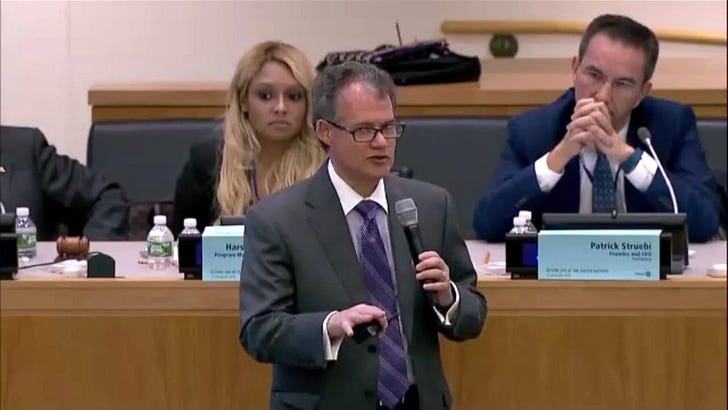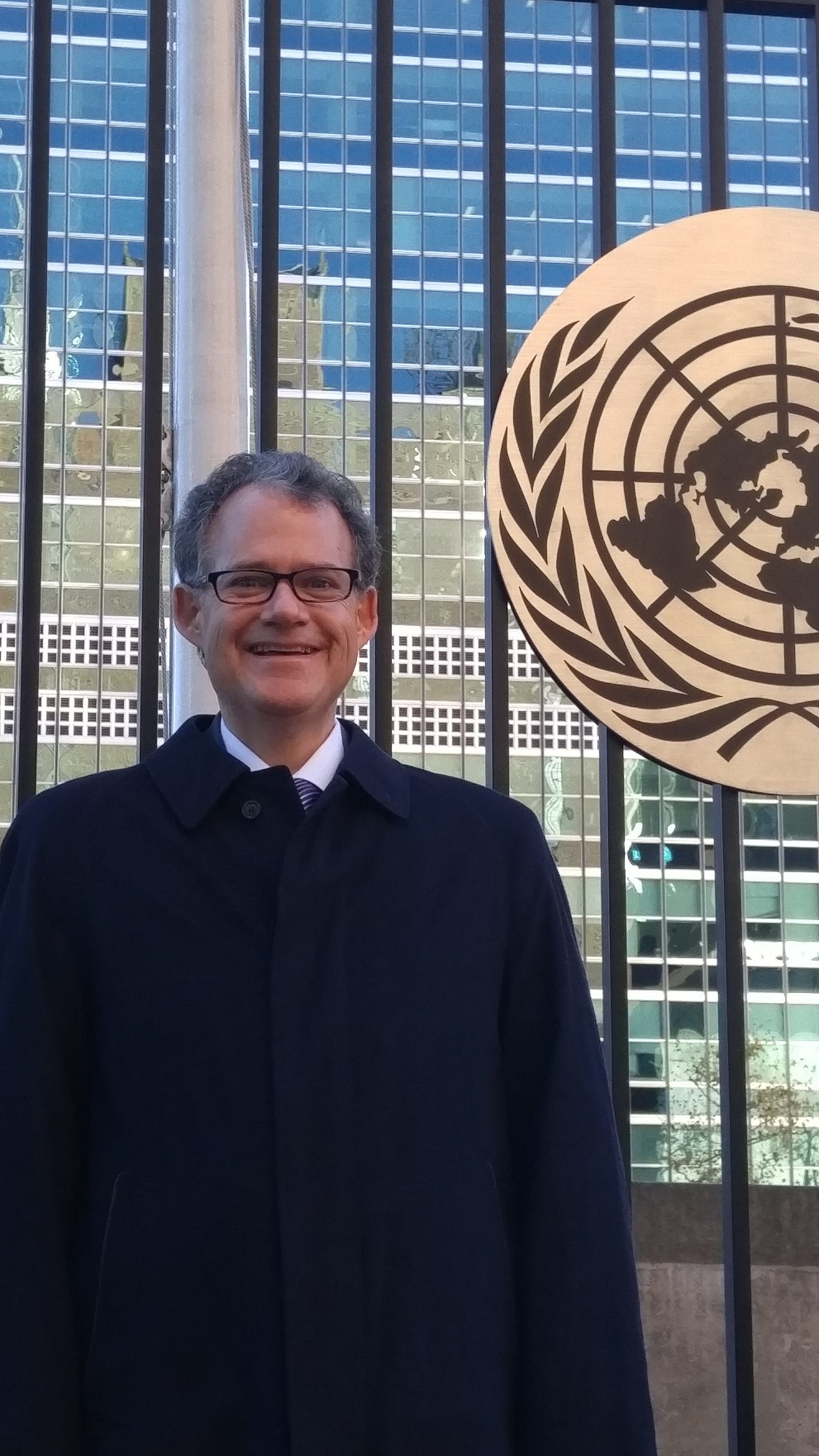What I've Learned Since Speaking at the UN
5 Years Ago I Spoke at the Rotary and the United Nations Day Conference About Corporate Social Responsibility
Five years ago, I gave what I consider the most important speech of my career in the United Nations Building at the Rotary at the UN Day conference in 2016.
Then UN General Secretary Ban Ki-Moon was invited to give the morning keynote. He was replaced at the last moment by the Under-Secretary-General and High Representative for Disarmament Affairs. Organizers tasked me with the afternoon keynote. No pressure. As you might imagine, my message that day was a bit lighter than the morning keynote.
My topic that day was derived from my book, Adding Profit by Adding Purpose. That book is about corporate social responsibility for businesses of all sizes.
In the five years since giving that speech and writing that book, I’ve learned three key lessons.
First, corporate social responsibility initiatives by whatever name—purpose programs, cause marketing, purpose marketing, sustainability initiatives, etc.—generally lag social needs they are intended to address. Many companies today are implementing sustainability programs seeking to slow carbon emissions. The reality is that while we are making progress and our current global emission trends suggest we’ll avoid the most catastrophic outcomes associated with 4 or 5-degree increases in global average temperatures, there is almost no reasonable path forward for meeting the 1.5-degree goal of the Paris Climate Accord. COP 26 nudged us forward, but most experts agree that it was not far enough. As a result, I see a role for government in pushing businesses and consumers faster in the right direction.
Second, changing government is brutally difficult. In 2020, I ran for Congress putting climate change at the top of my agenda (along with global health and ending poverty). That I am working full-time on this podcast and newsletter tells you all you need to know about what happened in my race in November 2020. I learned first-hand that changing government is challenging. I have great respect for Sam Daley-Harris, who I had as a guest on the show and featured in Superpowers for Good, who has mastered the art of organizing grassroots campaigns that work to nudge government in the right direction.
Third, changing the world starts with changing ourselves. No one is perfect, and the last thing I want is for anyone to feel pressure to be. On the other hand, I want you and everyone you know to feel and understand that you can make a difference, that you do matter and that your potential to do good in the world exceeds your expectations. Doing that begins with seeking to emulate extraordinary changemakers. This only became clear to me as I wrote, read and edited, and read and edited and read, Superpowers for Good. By choosing to change ourselves to build on our existing strengths, we enable ourselves to change the world.
What do you think of my lessons? What have you learned in the past five years?





